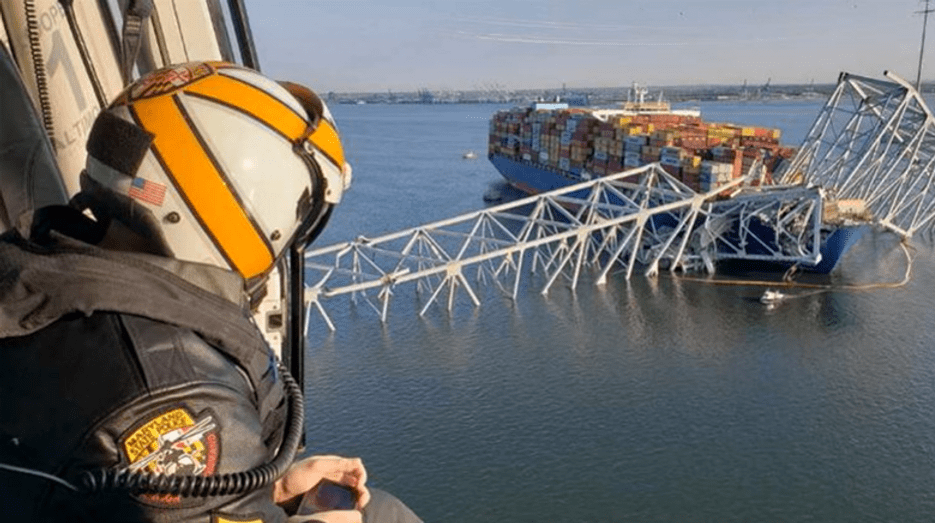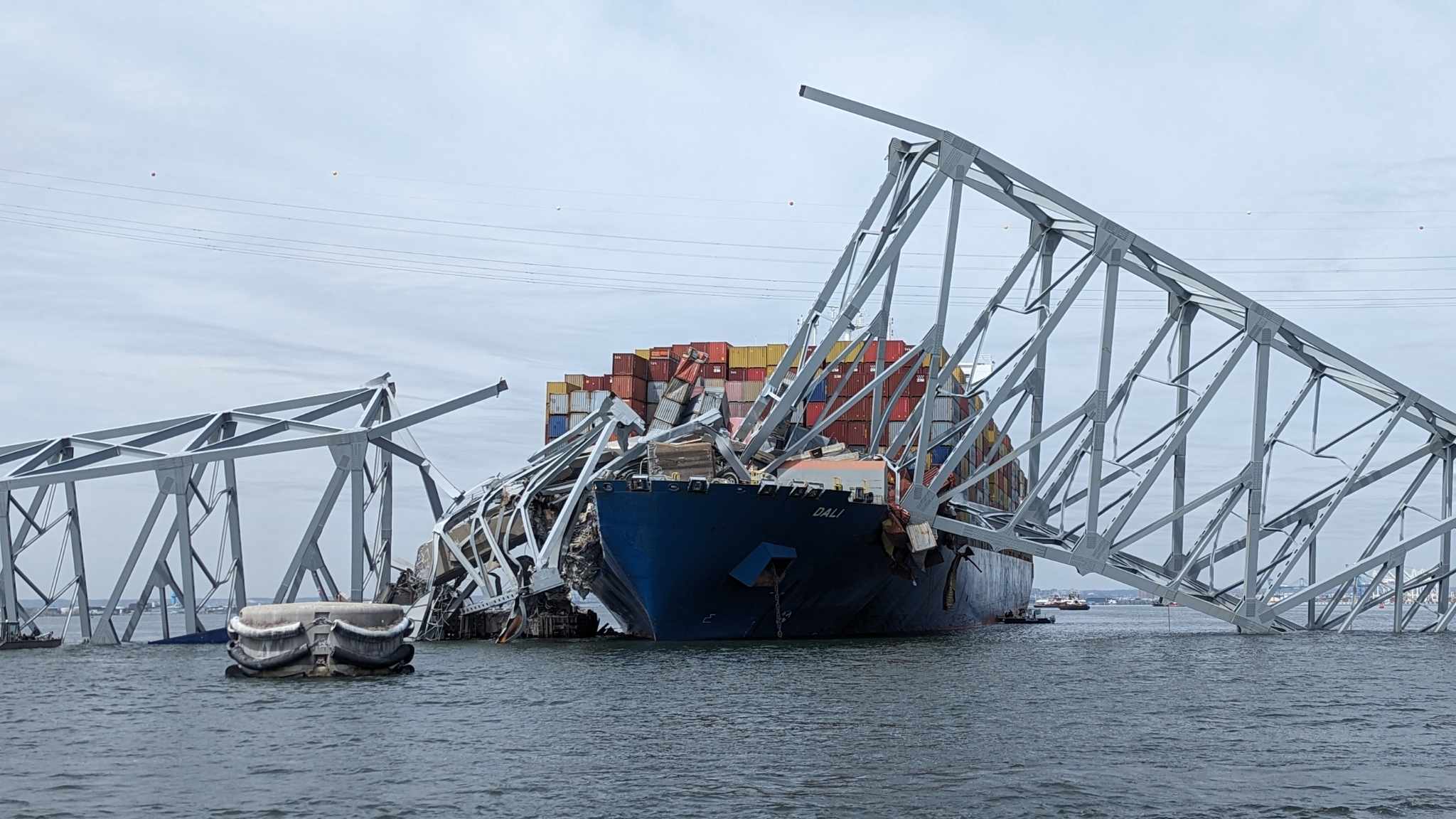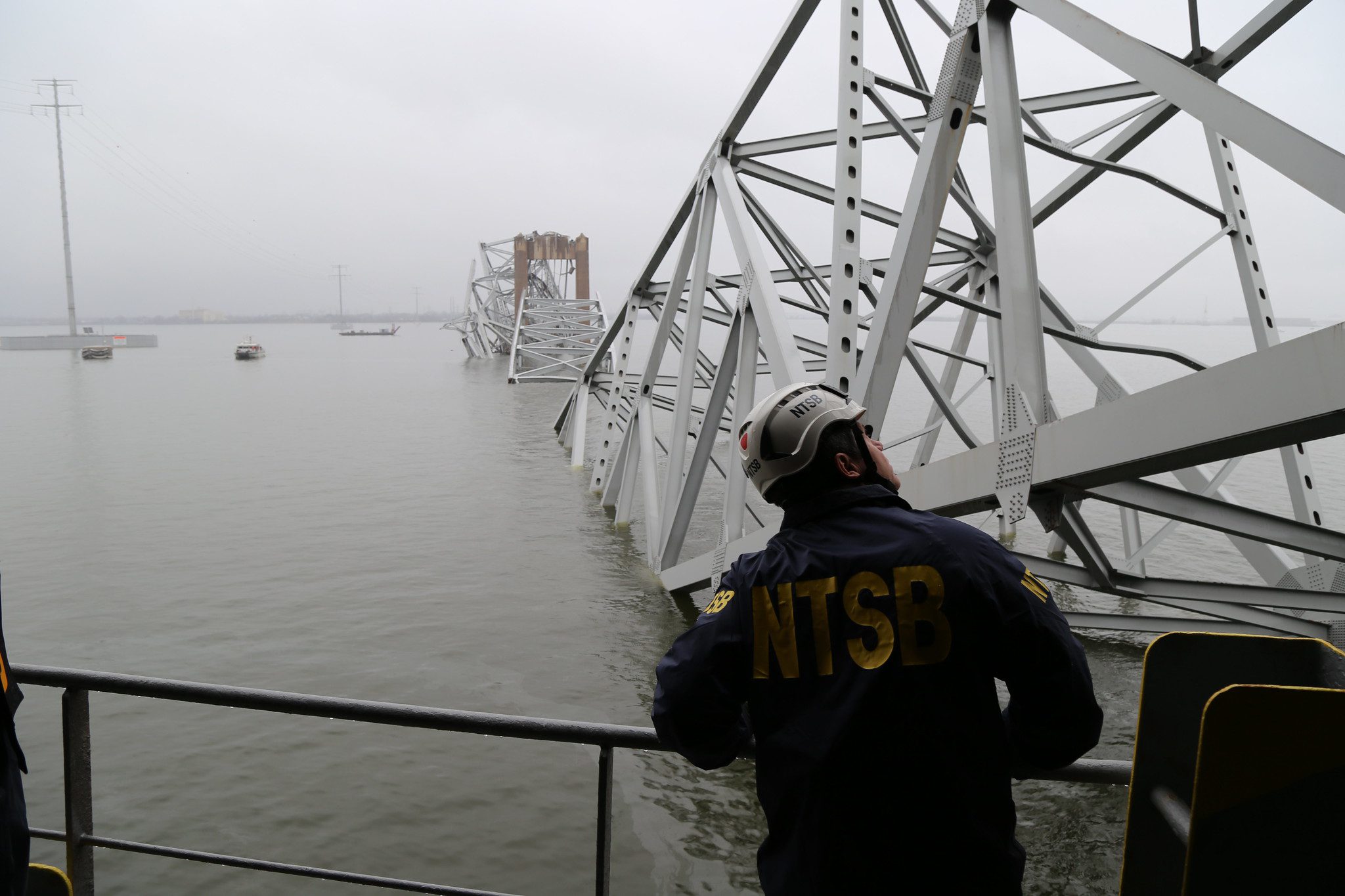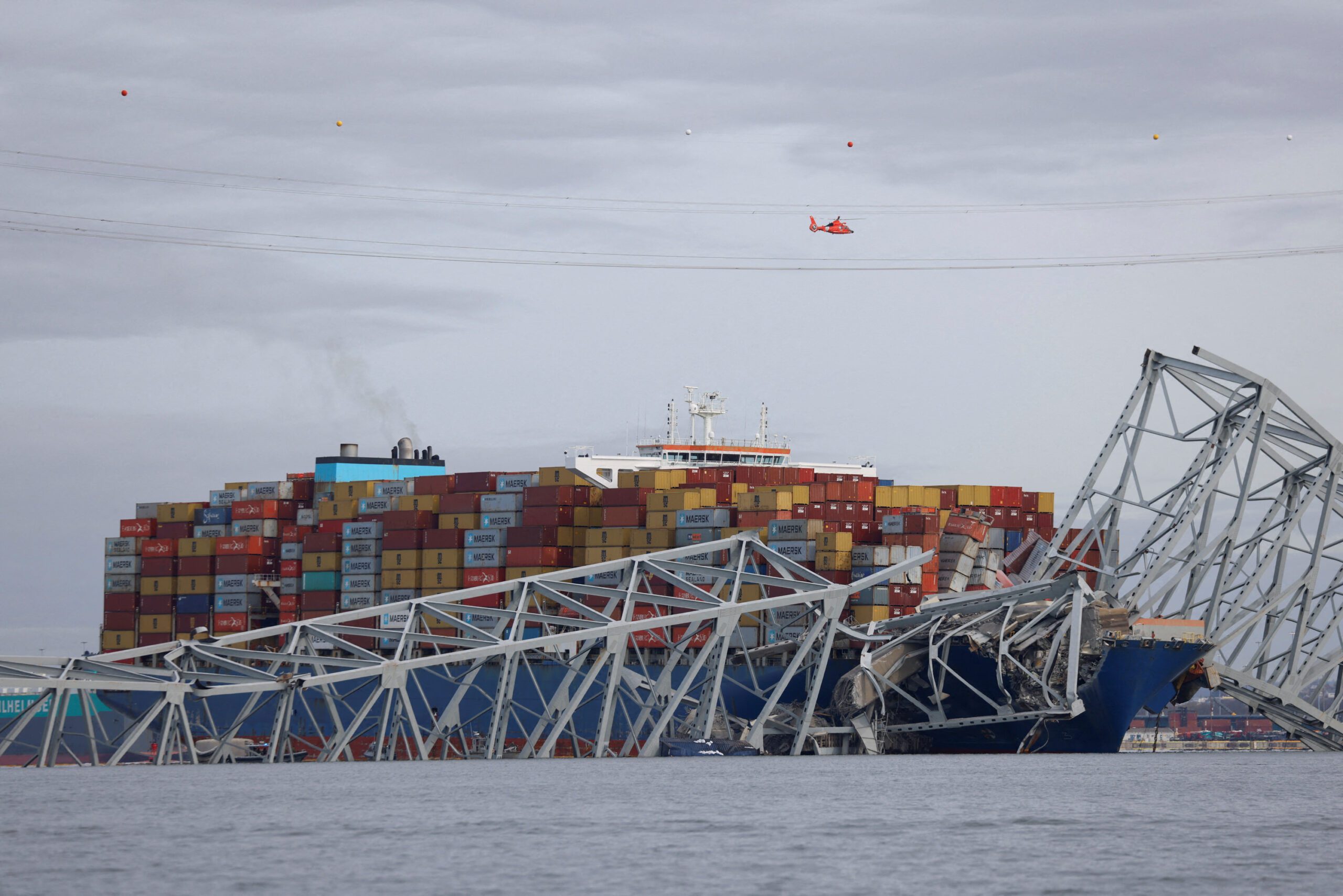U.S. Representative John Garamendi (D-CA-08), a senior member of the Transportation and Infrastructure Committee and the Subcommittee on Coast Guard and Maritime Transportation, has introduced a new bill aiming to enhance accountability and financial responsibility for foreign vessel owners involved in maritime accidents on U.S. waters.
The legislation comes in response to the March 2024 collapse of the Francis Scott Key Bridge in Baltimore after it was struck by the M/V Dali containership. The incident resulted in the deaths of six workers who were on the bridge at the time and closed access to the Port of Baltimore for months.
The bill, known as the “Justice for Victims of Foreign Vessel Accidents Act” (H.R.9348), was introducedalongside U.S. Representative Hank Johnson (D-GA-04).
“If the foreign owners of the cargo vessel that took down the Francis Scott Key Bridge in Baltimore think they can leave American taxpayers holding the bag, I have a message for them: you broke it, you bought it,” said Garamendi. “Access to America’s ports and our consumers is a privilege, not a right. If the foreign owners of the Dali want to keep that privilege, they can break out their checkbooks, call their insurance company, and pay their fair share of the bridge replacement costs and compensation to the families of the six workers who died tragically that day.”
Under current U.S. law, specifically the Limitation of Liability Act of 1851, vessel owners can limit their legal liability for damages to the dollar value of the vessel and its cargo, minus expenses.
Following the collision with the Francis Scott Key Bridge, the Dali’s Singapore-based corporate owner and vessel manager filed jointly in the U.S. District Court for Maryland to limit their total liability for the bridge collapse and recovery effort to just $43.7 million, valuing the vessel at $90 million
The “Justice for Victims of Foreign Vessel Accidents Act” proposes to increase liability for foreign-flagged vessels to up to 10 times the vessel and cargo’s value, maintain current liability for U.S.-flagged vessels, and apply the new liability retroactively to March 25, 2024.
“This is a crucial step toward ensuring accountability in maritime liability. By enhancing the financial responsibilities of foreign vessel owners, this bill provides essential support to victims and their families in reinforcing our resolve to uphold justice following tragic maritime incidents,” said Johnson.
The bill has also garnered strong support from the families of the victims’ in the disaster.
“The families of the innocent victims of the Baltimore Key Bridge collapse strongly support the Justice for Victims of Foreign Vessel Accidents Act. This legislation protects all Americans from having their lives shattered by corporate vessels from foreign countries due to preventable failures. This issue is not about whether you are a Democrat or a Republican; it is about whether you love and want to protect Americans. That is why both parties should support this bill and help protect our country when foreign vessels are involved,” the families’ legal representatives said in a statement.
Editorial Standards · Corrections · About gCaptain

 Join The Club
Join The Club











